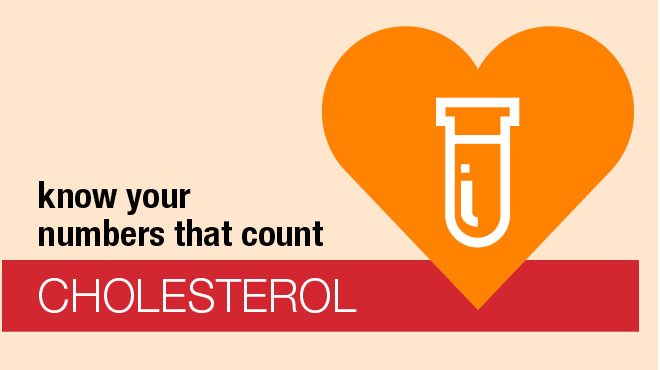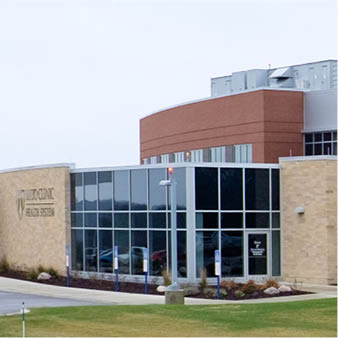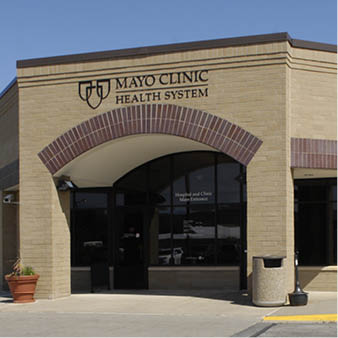
Recent Blogs
Cardiac Rehabilitation Services & Treatments
If you have a history of cardiovascular disease, cardiac rehabilitation can help you make lifestyle changes that may improve your health and reduce the risk of future problems. After a heart attack or heart surgery, your risk of death is reduced by approximately 25% if you participate in our program.
Find out more about our services:
- Conditions and consultations
- Diagnosis and treatment goals
- Cardiac Rehabilitation specialists
- Referrals
- FAQ
- Cardiac Rehabilitation locations near you
Conditions and consultations
Our program is designed to help you maintain a healthier heart through supervised exercise sessions and health education. We can help if you have one of these heart issues:
- Angioplasty and stents
- Cardiomyopathy
- Certain congenital heart diseases
- Chest pain (angina)
- Coronary artery bypass surgery
- Coronary artery disease
- Heart attack
- Heart failure
- Heart or lung transplant
- Heart valve repair or replacement
- Peripheral artery disease
- Pulmonary hypertension
Diagnosis and treatments
When you receive a diagnosis that requires cardiac rehabilitation, our team develops treatment goals with your specific needs in mind.
Treatment goals can include:
- Change your heart risk factors, such as high blood pressure, blood sugar and cholesterol.
- Decrease your risk of coronary artery disease and other heart conditions.
- Gain confidence and strength.
- Improve cardiovascular health and fitness.
- Learn heart-healthy behaviors, such as regular exercise and a heart-healthy diet.
- Learn to cope with heart disease and manage stress.
- Manage your weight.
- Return to the previous level of activity and work.
- Stop smoking.
Cardiac Rehabilitation specialists
Our care team includes heart doctors (cardiologists), exercise physiologists and educators. They supervise your exercise and education program to help you recover from a heart event and reduce the risk of new problems.
Additional care and therapies may be provided by:
- Diabetes Education
- Nutrition
- Pharmacy
- Physical Therapy
- Primary Care
- Psychiatry & Psychology
- Respiratory Therapy
Referrals
Medicare and personal insurance may cover all or part of the cost. We recommend that you find out what will be covered by your plan. Call the appointment number of your preferred cardiac rehabilitation location to learn more.
FAQ
What should I bring for my first appointment?
For your first appointment, bring your current prescription information or medical records from non-Mayo Clinic Health System facilities. Complete a medical records release form (PDF) to authorize the transfer of health records from another healthcare facility to us. Visit our Medical Record Forms page for this form and other forms in multiple languages.
What are my payment options, and do you offer financial assistance?
Visit the billing page of your preferred location for information on insurance, billing and payments.
We serve patients in difficult financial circumstances and offer financial assistance to those who have an established need to receive medically necessary services. Learn more about financial assistance options.
Do you have an after-hours number in case of emergency?
Always call 911 in case of an emergency. For after-hours help with other issues, get virtual care 24/7 through the Primary Care On Demand app or review our convenient care options.




